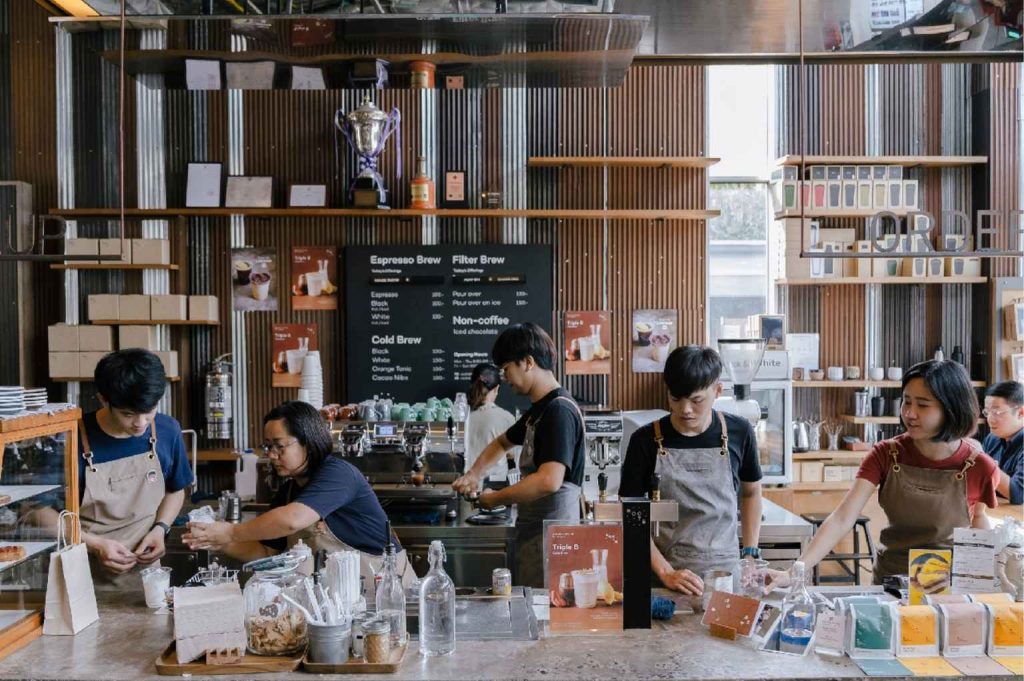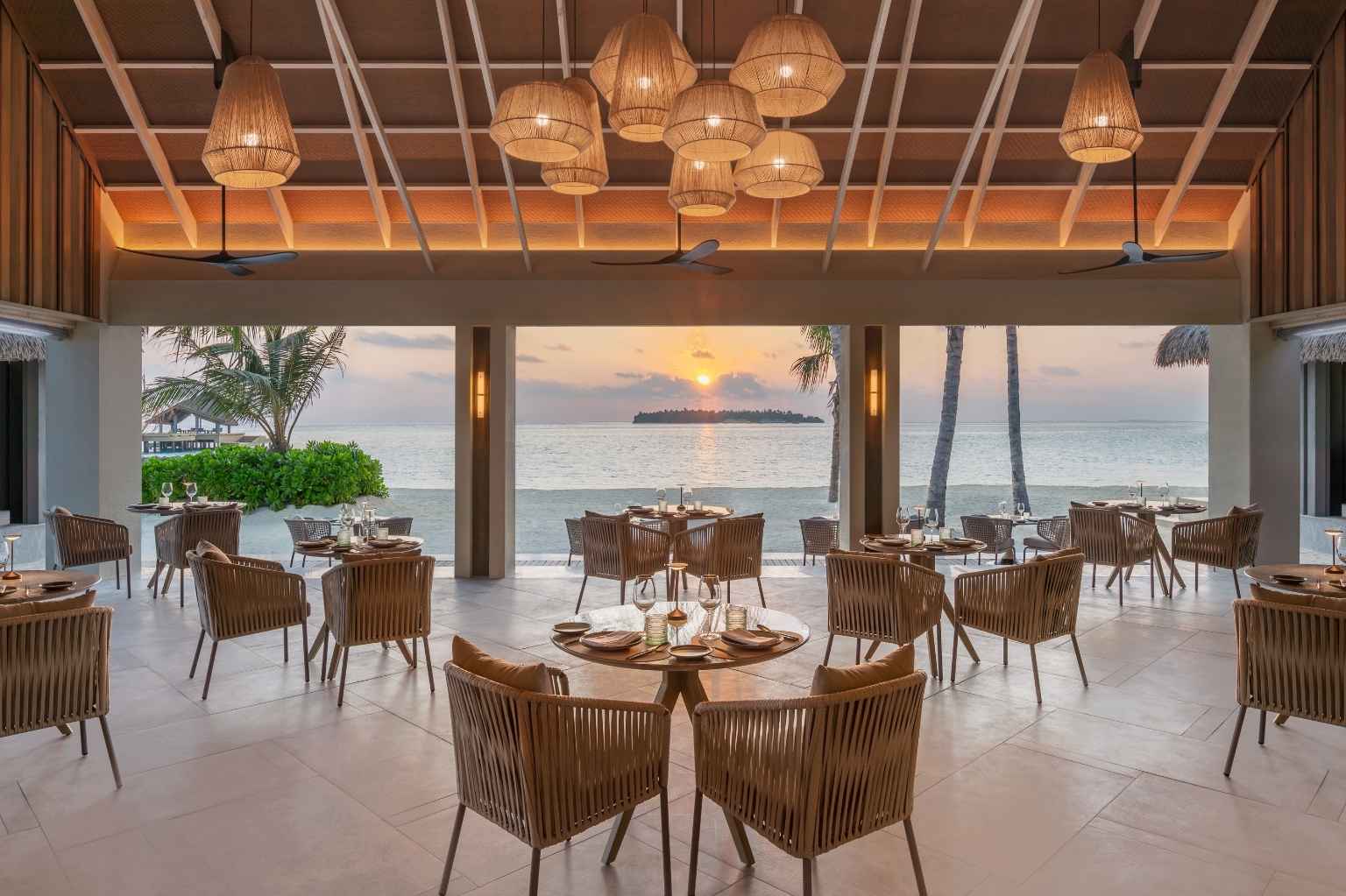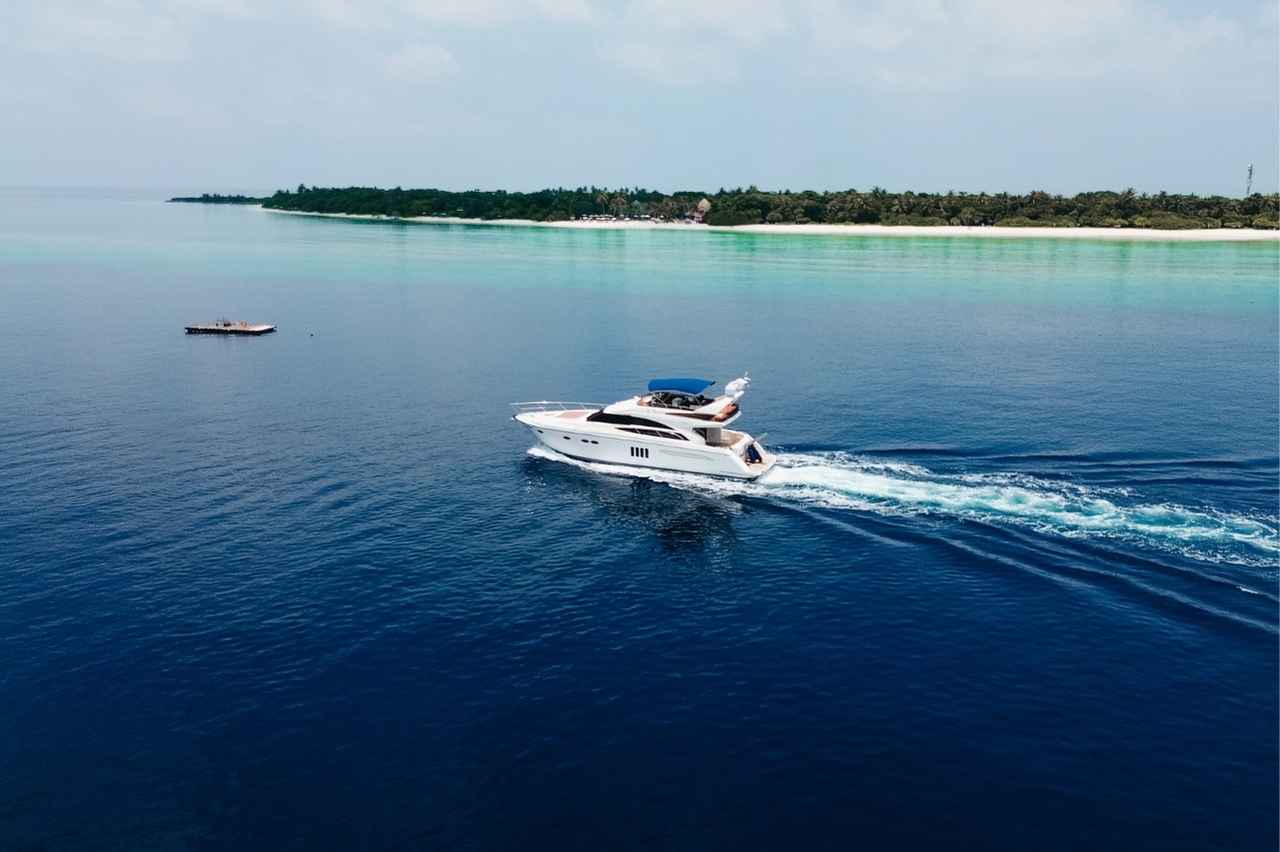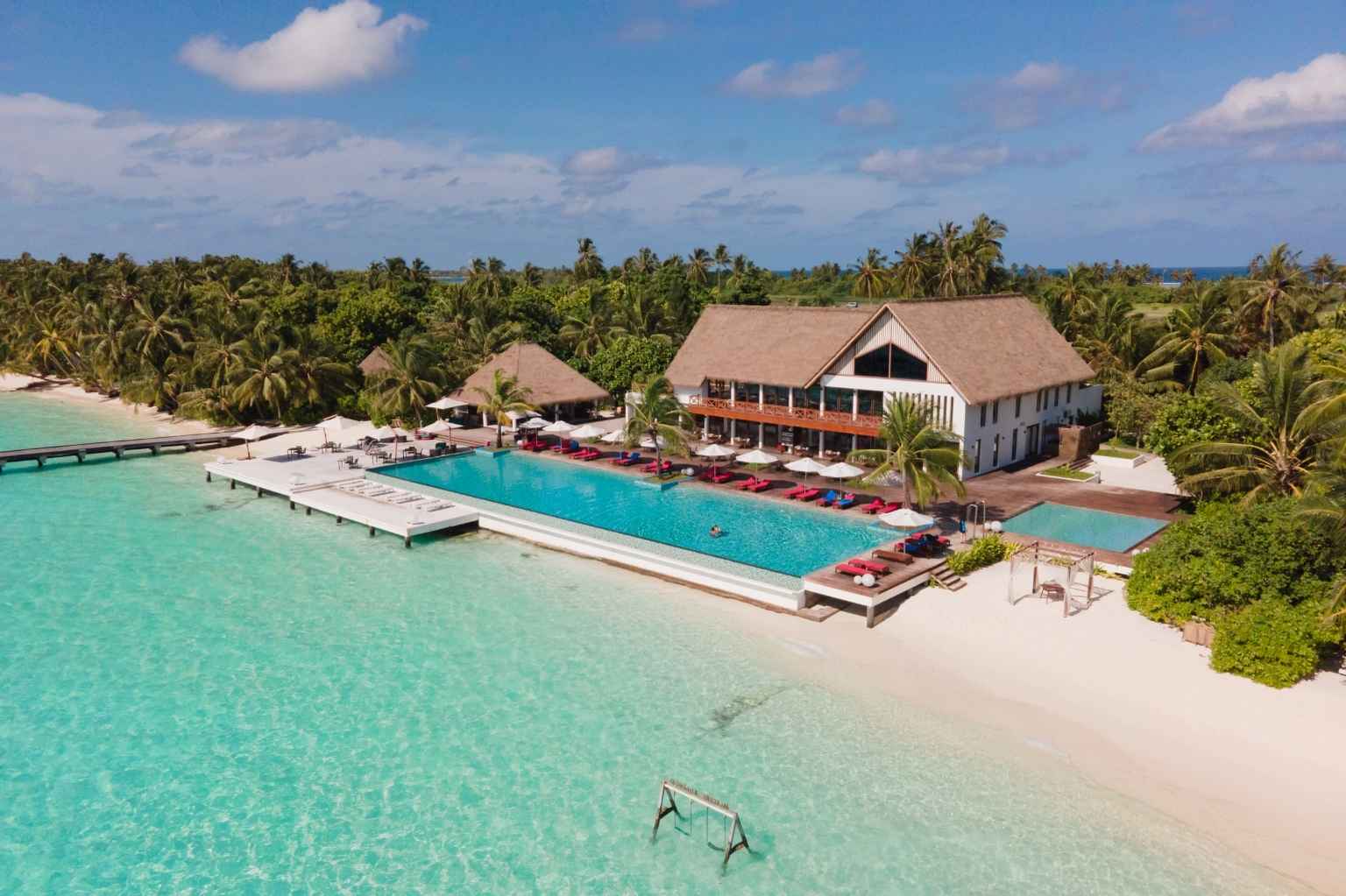The love for coffee in Southeast Asia runs deep. What began as a foreign beverage introduced by European colonists centuries ago has now evolved into a vibrant and essential part of daily life across the region. From the strong, sweet brews of Vietnam. To the traditional kopi tubruk of Indonesia. And the burgeoning café culture in Malaysia and Thailand, coffee has become a powerful symbol of connection, culture, and commerce. But how did this once unfamiliar drink become so beloved in Southeast Asia? Let’s explore how coffee took root in the region. How it evolved over time, and why it has become such an integral part of Southeast Asian culture.
The Evolution of Coffee Culture in Southeast Asia
Coffee’s journey through Southeast Asia began centuries ago. Introduced by European colonizers and missionaries. Countries like Vietnam and Indonesia were among the first to cultivate coffee beans, and these countries have since become powerhouses in the global coffee trade. Vietnam, for example, has long been known for its iconic iced coffee, cà phê sữa đá, made with strong Robusta beans and sweetened condensed milk. This drink has become a staple of daily life. Often enjoyed in bustling street cafés or small family-owned coffee shops.

Image via: Queen Bean Coffee Company Blog
In Indonesia, the coffee culture traces its roots to colonial times when Dutch settlers established large plantations. Today, Indonesia is known for its unique coffee varieties like kopi tubruk (a traditional sweetened coffee) and the globally renowned Sumatra beans. The cultivation of coffee has shaped not only the region’s economy but also its social fabric, as locals gather in cafés to enjoy the rich, bold flavors and connect with one another.
The Rise of Coffee Shops and Specialty Cafés
In recent decades, the rise of specialty coffee shops has further fueled the revolution of coffee in Southeast Asia. These establishments, often featuring artisanal brewing methods and premium beans, cater to an increasingly sophisticated coffee market. Young people, in particular, have embraced the café culture. Transforming these spaces into hubs for socializing, studying, and working. In Thailand, for example, Bangkok’s vibrant coffee scene is home to a growing number of local roasters and internationally inspired cafés. Each offering a unique twist on the traditional coffee experience.

Image via: Noc Coffee Co
International coffee chains like Starbucks have also played a role in shaping the region’s coffee landscape. Introducing new trends and making coffee more accessible to a wider audience. However, despite this global influence, Southeast Asia’s traditional coffee culture continues to thrive. With many locals still opting for their beloved street-style brews over commercial chains.
Coffee’s Role in Daily Life and Social Gatherings
Coffee is not just a beverage in Southeast Asia. It is a social ritual, deeply intertwined with the culture. In countries like Vietnam and Malaysia, coffee shops are places of community gathering. Where people meet friends, discuss business, or simply relax and enjoy the moment. This sense of camaraderie and tradition is often reflected in the way coffee is consumed. In Vietnam, coffee drinking is often accompanied by lively conversation in outdoor cafés. While in Indonesia, the act of drinking coffee can be a quiet, contemplative experience shared with family or close friends.
The sense of connection that coffee fosters is one of the reasons it is so cherished in the region. It brings people together. Whether in bustling city centers or quiet rural towns, forming a shared experience across generations.
Coffee’s Economic Influence from Bean to Cup
Beyond its cultural impact, coffee has also become a major economic force in Southeast Asia. Vietnam, Indonesia, and Thailand are key producers of coffee beans, which are exported globally. This has not only shaped the local economies but has also created opportunities for farmers and small businesses involved in the coffee trade. Coffee cultivation provides jobs for millions of people. From farmers in the mountains of Vietnam to baristas in urban cafés across the region.
The growing demand for specialty coffee has also spurred innovation in the region. With local farmers experimenting with new growing techniques and processing methods to improve the quality of their beans. This has positioned Southeast Asia as a rising star in the global coffee industry. Attracting international attention and investment.
As coffee culture continues to evolve in Southeast Asia, its rich history, diverse flavors, and deep cultural significance will undoubtedly play a central role in shaping the future of coffee worldwide. From its humble beginnings as a colonial import to its current status as a symbol of connection, creativity, and commerce. Southeast Asia’s love for coffee is a testament to the region’s ability to adapt and transform global influences into something uniquely its own.
Feature Image via Aroma Thailand








